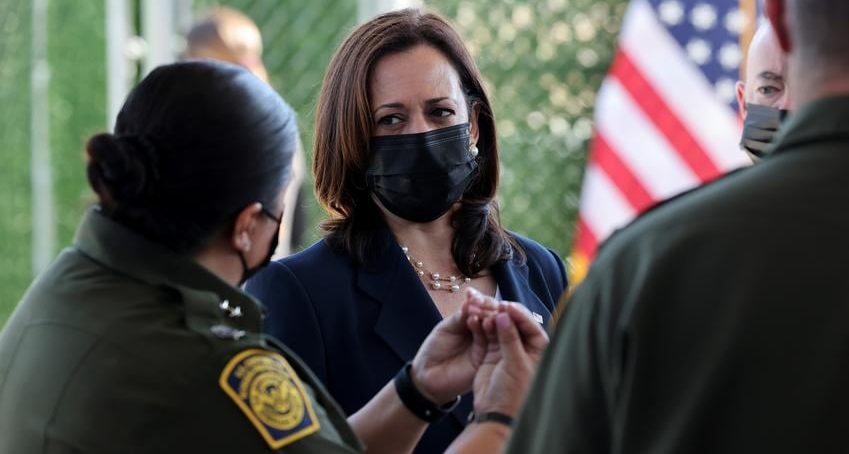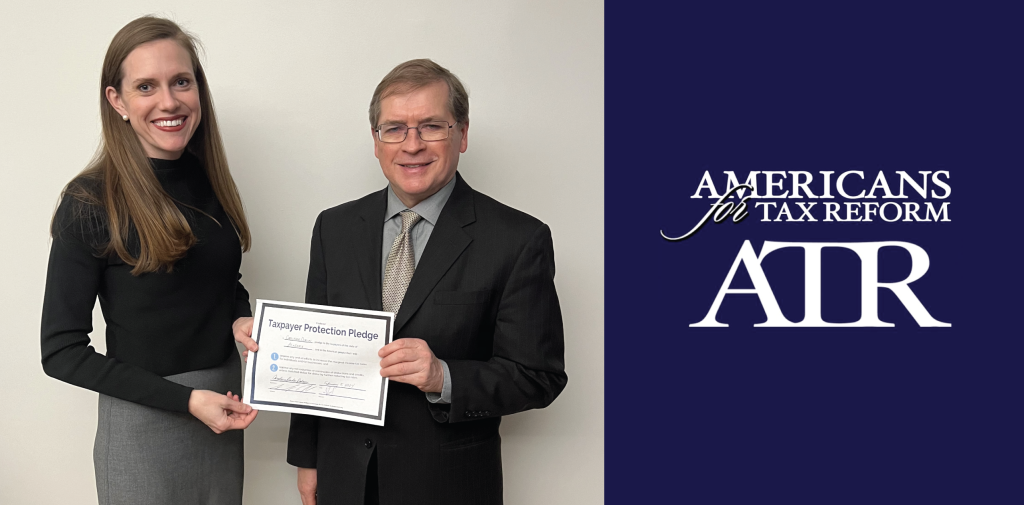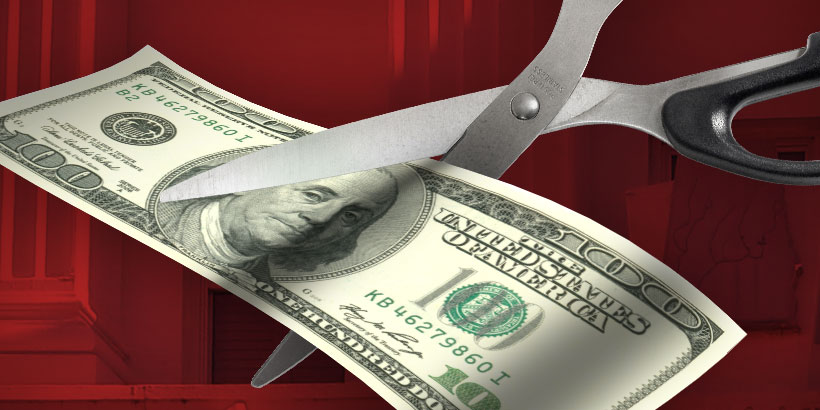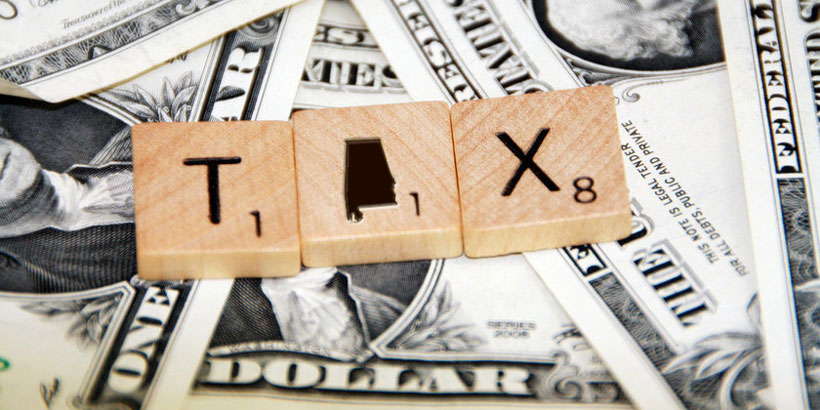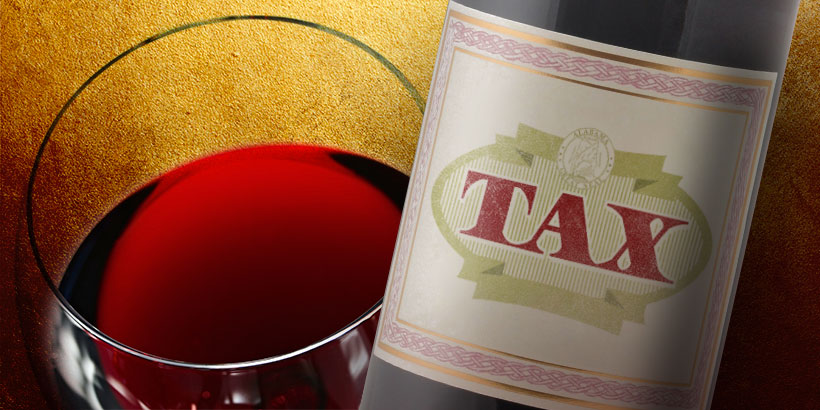
MONTGOMERY, Ala. — Tuesday evening both the Alabama House and Senate voted to override a gubernatorial veto on HB89, a bill which would allow Calhoun County to collect a 5 percent tax on wine and liquor.
Governor Robert Bentley vetoed the local tax increase over fears that it was in conflict with existing state law.
Ala. Code § 28-3-284 says “Any county or municipality receiving any additional taxes pursuant to the provisions of this article shall be prohibited from levying any additional taxes or fees on the sale of alcoholic beverages which would be collected by the Alabama Alcoholic Beverage Control Board or its stores.”
In Alabama, however, it only takes a simple majority to overturn the governor’s veto. The veto was overridden by a vote of 18-2 in the Senate, and 55-11 in the House.
This is the first time this legislative session Alabama Republicans have been on record voting for a tax increase.
Tradition in the Alabama Legislature holds that all members should either vote in the affirmative, or abstain from voting on local matters that don’t pertain to their district, but opponents of the law say the possibly illegal tax hike on liquor in Calhoun County should be an exception.
Last month Americans for Tax Reform President Grover Norquist wrote a letter to lawmakers urging them not to pass the law, or several others like it that have been proposed this session.
“Advocates for higher liquor taxes often avoid discussing the economic costs on both employers and consumers,” Norquist wrote in the letter. “Higher tax rates incentivize consumers to flock to places with lower prices. In the case of Talladega County [another county considering measures similar to the Calhoun County legislation], consumers – especially those living on the border of other counties, will more-than-likely choose to seek out lower prices – driving economic activity elsewhere.”
A report by the Distilled Spirits Council of the United States says that over 60% of the price of a bottle of liquor in Alabama is the result of taxes and fees. The Council estimates that these proposed laws could cost the state $21 million in lost revenue due to customers crossing the state line to buy alcohol in Georgia, where prices are lower.
“The fact is, adult beverages are already one of the most heavily-taxed products on the market,” Norquist said. “Taxes and fees comprise over half the retail cost of beer, wine, and spirits. Increasing taxes on these products in Talladega County would only serve to hurt small businesses who rely on beverage sales. In the end, consumers feel the full force of higher taxes and will seek out lower prices elsewhere.”
Proceeds from the new liquor tax, estimated to be $300,000 a year will go to the County’s district attorney’s office, which says it is facing a $600,000 shortfall in fiscal year 2016 due to lower-than-expected revenues from court fees.
Like this article? Hate it? Follow me and let me know how you feel on Twitter!
— Elizabeth BeShears (@LizEBeesh) January 21, 2015






